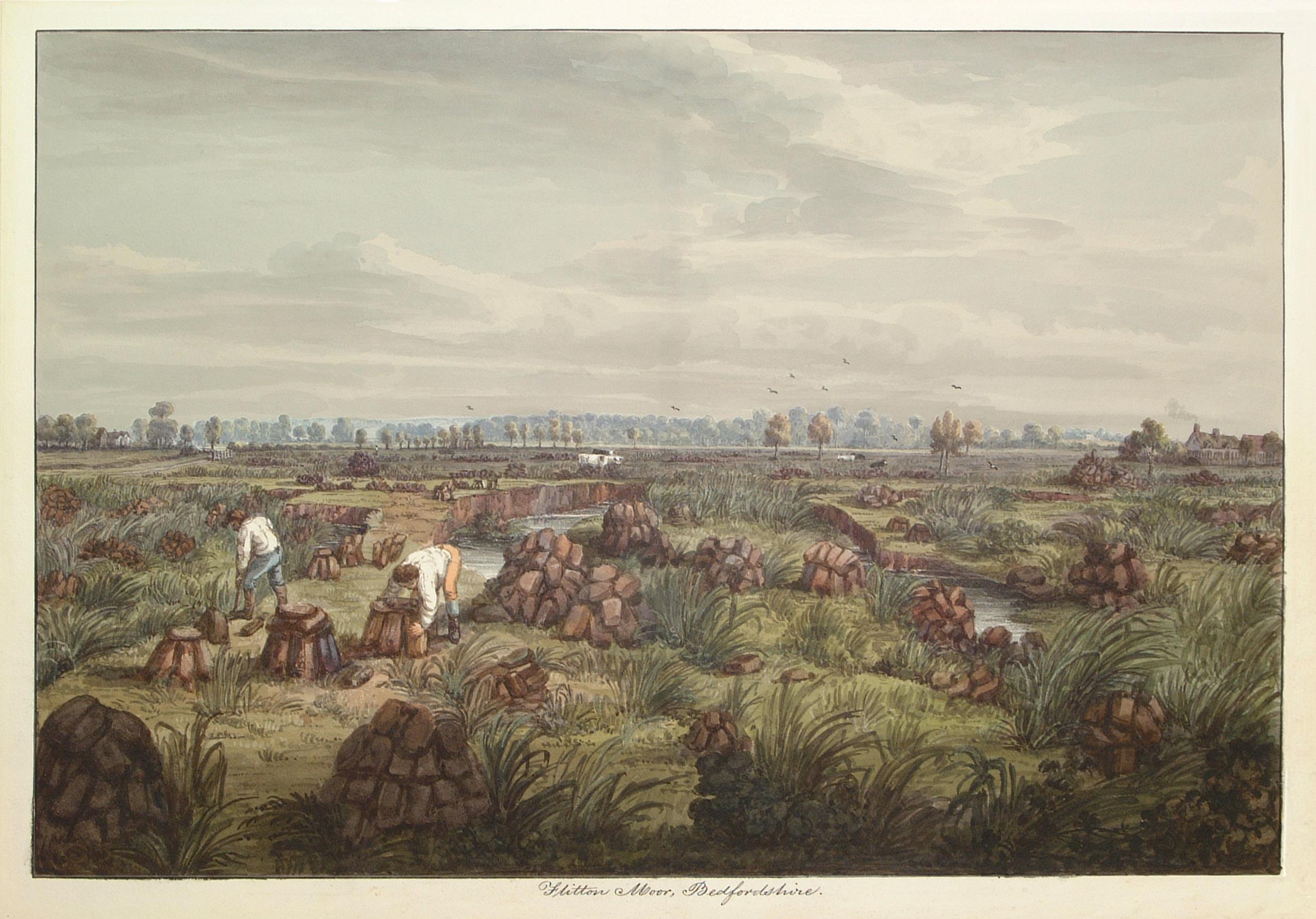The Bigger Bang
22/05/2015

The news in today’s newspapers about the fines being handed out to the banks again takes me back to the “big bang”; the change that happened in the City of London in the late 1980s.
Before that date, the city was seen by many as a gentleman’s club. That wasn’t a bad description. But in that pre-big bang state, those in the city had real skin in the game in that they owned (or part owned) the institutions whose money they were gambling. They weren’t just hoping for success, they were concerned about failure and the impact that would have on their wealth and reputation.
It was at that time my wife’s colleague at City University and friend George Webb wrote the book “The Bigger Bang”, and how prophetic that phrase seems to be now!
Now we pay people to gamble other people’s money. And guess what they do? Yes they gamble other people’s money, our money. But such people are incentivised to share in the success but have no stake in the failure. These are the perverse incentives that seem to inhabit our financial world.
I remember as a young manager joining the Unilever share option scheme. It seemed odd at the time. I could invest my money in the shares if the company’s share price went up, but I could take the money out if it didn’t. Almost a one way bet and that is the way we appear to incentivise many executives. But I would prefer to buy shares in a company such as Berkshire Hathaway where those running the business such as Warren Buffett could lose as well as make money.
The consultants Stern Stewart developed their approach to increasing Economic Value Added in the 1990s but even they realised bonuses needed to be pooled so that profits one year were not all paid out, but partly held against future negative consequences over the next two years.
But in today’s markets, we are paying out more in bonuses to employees than the financial institutions are paying out in dividends to shareholders. And we tolerate it! It is high time we got back to basics. That doesn’t mean we don’t incentivise people but that we actually take the time to create an incentive system that encourages people to take appropriate risks whilst managing our money.
Mike Bourne.
Categories & Tags:
Leave a comment on this post:
You might also like…
My Apprenticeship Journey – Broadening Horizons
Laura, Senior Systems Engineer at a leading aircraft manufacturing company, joined Cranfield on the Systems Engineering Master’s Apprenticeship after initially considering taking a year off from her role to complete an MSc. Apprenticeship over MSc? ...
The Library app is back!
The Library app is back! It's exactly the same as before (although it will get a fresh look in a few months) and if you hadn't removed it from an existing device it should just ...
PhD researcher at the IF Oxford Science and Ideas Festival
IF Oxford is a science and ideas Festival packed with inspiring, entertaining and immersive events for people all ages. PhD researcher, Zahra attended the festival. Here she shares what motivated her to get involved. ...
What leadership skills are required to meet the demands of digitalisation?
Digital ecosystems are shifting the dynamics of the world as we know it. With digitalisation being a norm in the software industry, there is currently a rapid rise in its translation ...
My PhD experience within the Centre for Air Transport at Cranfield University
Mengyuan began her PhD in the Centre for Air Transport in October 2022. She recently shared what she is working on and how she has found studying at Cranfield University so ...
In the tyre tracks of the Edwardian geologists
In April 1905 a group of amateur geologists loaded their cumbersome bicycles on to a north-bound train at a London rail station and set off for Bedfordshire on a field excursion. In March 2024 a ...






